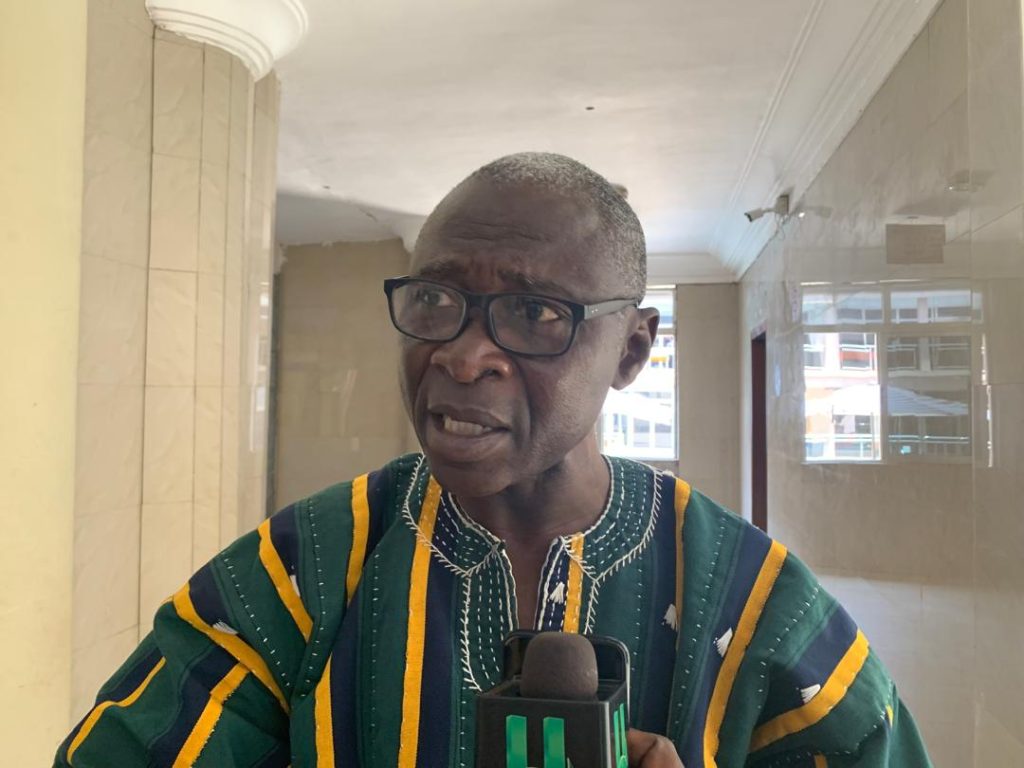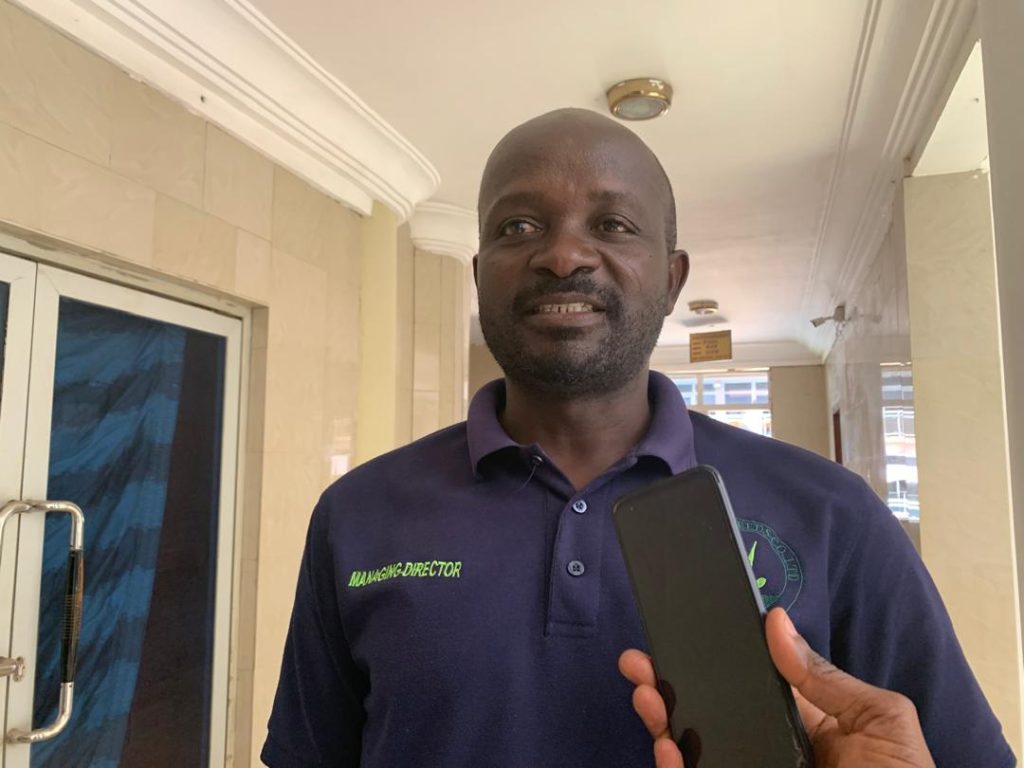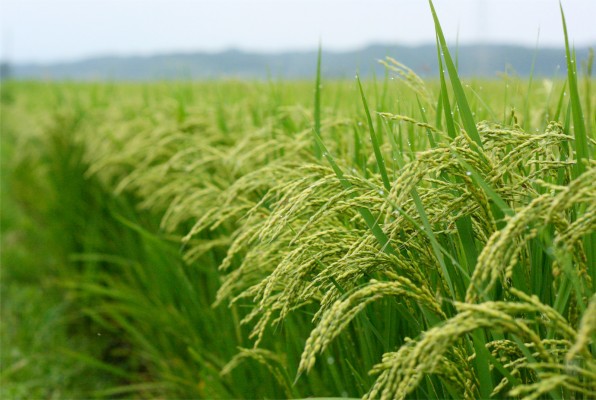A leading rice breeder at the Savannah Agricultural Research Institute (SARI) of the Council for Scientific and Industrial Research (CSIR) has stated that Ghana can only attain self-sufficiency in rice production if greater attention is paid to the production and distribution of quality seeds, improved agronomic practices, and effective post-harvest interventions.

Mr. Alex Yeboah, Acting Head of the Rice Improvement Program at CSIR-SARI, made this known during a stakeholder workshop organized by the Ghana Competitive African Rice Platform (CARP), supported by AGRA.
He emphasized the importance of certified seed, land development, and irrigation infrastructure in boosting rice productivity. “About 5 to 20 percent of yield increases are attributed to the use of quality seeds,” Mr. Yeboah noted, stressing that Ghana currently operates with three seed classes—breeder, foundation, and certified seeds.
However, he expressed concern over the lack of access to mechanization services, particularly combine harvesters, which continue to hamper quality and efficiency in harvesting. He also warned about seed adulteration, highlighting that planting different seed varieties leads to inconsistency in quality, and urged regulatory bodies to tighten controls.
Mr. Yeboah called for stakeholders to make market-preferred seed varieties available and to ensure rice farmers align production with consumer demand. “The competitive nature of the rice market demands consistency and quality,” he said.
Birds Invasion Threatens Northern Rice Farmers
Also speaking at the event, Maxwell Akandem, CEO of Akandem Farms in the Builsa North District, raised concerns about the devastating impact of migratory bird invasions on rice farms across northern Ghana. He described the invasions as a greater threat than bushfires, disclosing that he had to reduce his rice acreage from 1,000 to just 20 due to bird-related losses.

“These birds are wiping out our investment. The Ministry of Food and Agriculture must introduce long-term preventive measures such as research and drone deployment during harvesting seasons,” he urged.
Input Taxes and Fake Seeds Hinder Progress
On her part, Sepenica Darko, Team Lead at Farmertribe, a private agro-input and advisory firm, appealed to the government to reduce high taxes on farm inputs, which she said are making quality seeds and fertilizers unaffordable for many farmers.
“Access to quality inputs is key to yield. But input prices keep rising every season due to taxes. This directly affects the entire rice value chain,” she explained.
Adding his voice, Mr. Abukari, Northern Representative of the National Seed Growers Association of Ghana (NASAG) and Managing Director of Heritage Seed Company, echoed calls for stronger regulation against unapproved seeds. He called on CSIR-SARI and other certified seed producers to collaborate with the Plant Protection and Regulatory Directorate (PPRD) to clamp down on fake seeds.

The CARP Ghana Chapter workshop brought together rice farmers, millers, aggregators, processors, input dealers, financial institutions, and policymakers to strengthen the rice value chain.
However, participants noted that collaboration remains weak among value chain actors, limiting the exchange of ideas, innovations, and technologies.
The participants also called for the creation of structured platforms for stakeholders to engage regularly, share knowledge, and implement solutions that would drive Ghana towards rice self-sufficiency.


